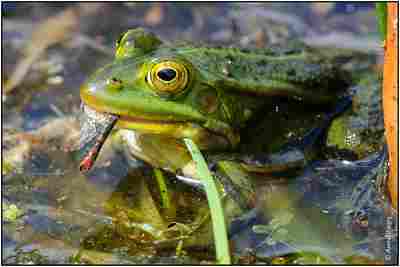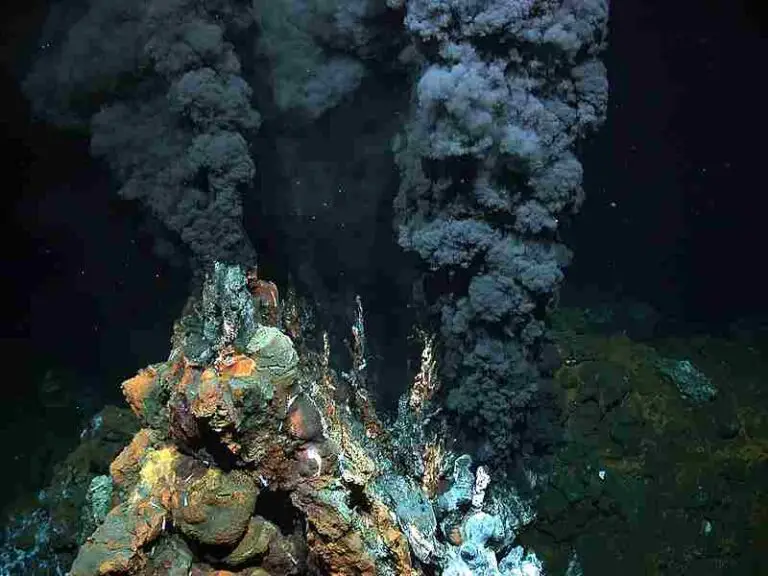Oil Spill Meaning and Examples Explained
Oil spill is an accidental leakage or discharge of liquid hydrocarbon into the environment. This article discusses oil spill meaning and examples, according to the following outline;
-Oil Spill Meaning: 4 Ways to Define Oil Spill
Oil Spill Meaning: 4 Ways to Define Oil Spill
An oil spill is an event in which petroleum is released in significant amounts, into the environment, thereby leading to environmental degradation [2].
Due to its frequency of occurrence in both small and large scale, it can be said that oil spill (or oil spillage) is an environmental impact of petroleum exploration. The following oil spill meaning, attempts to highlight the significance of such events on the environment and ecosystem;
Oil spill is the accidental release of liquid hydrocarbons into soil and water bodies, leading to pollution, loss of environment quality, and disruption of natural cycles and ecologic pyramids.

Although oil spills can cause soil pollution and may even affect air quality, they most-commonly involve aquatic ecosystems, with particular reference to the ocean [3].
Some causes of oil spill are mentioned in the alternative oil spill meaning that is outlined below;
Oil spill is any event involving the escape of notable quantity of petroleum into the environment, as a result of auto crashes, rig explosions, oil vessel leakages, poor facility maintenance, and expiry or damage of petroleum storage systems.
Lastly, oil spill meaning is given based on the effects of oil spill;
Oil spill is the escape of liquid hydrocarbons into soil and water bodies, leading to pollution, energy waste, low biodiversity, hunger, poverty; food insecurity, economic recession, and poor public health.
Oil Spill Examples
Some major oil spill examples are; Atlantic Empress (1979), Deepwater Horizon (2010), and Castillo De Bellver (1983).
1). Atlantic Empress Disaster, 1979 (as one of the Oil Spill Examples)
The Atlantic Empress disaster was an oil spill event which occurred off the Coast of Trinidad and Tobago, on 19th July, 1979 [1].
It involved a collision between the Atlantic Empress and Aegean Captain oil tankers, in a tropical rainstorm in the Caribbean Sea.
The collision led to structural damage and leakage of the Atlantic Empress vessel, which led to a fire outbreak.
About 280,000 tons of petroleum are estimated to have been lost in the incident, with a death toll of 27. The Atlantic Empress vessel subsequently sank, and the incident led to severe marine pollution.
2). Deepwater Horizon Catastrophe, 2010
The deepwater horizon catastrophe was an oil spill and explosion incident that occurred on 20th April, 2010, in the Macondo Prospect, Gulf of Mexico [4].
It occurred as a result of a pressure-induced blowout of an offshore oil drilling rig, which caused significant infrastructural damage and the sinking of the rig.
About 11 deaths were recorded in the incident, alongside the release of approximately 225,000 tons of natural gas, and 205.8 million gallons of crude oil.
The deepwater horizon incident is considered by some to be the largest marine oil spill in history.

3). Castillo De Bellver Hazard, 1983 (as one of the Oil Spill Examples)
The Castillo De Bellver oil spill occurred off the Saldanha Bay in South Africa; on 6th August, 1983.
It involved a fire outbreak resulting from possible leakage of an oil tanker.
The tanker subsequently capsized, resulting in the loss of about 252,000 tons of petroleum. Other estimates have placed this value at 145,000; 170,000; 190,000; and 250,000 tons respectively.
Conclusion
Oil spill is an environmental and socioeconomic hazard involving the unplanned release of large amounts of petroleum into soil and water.
Some examples of oil spills are;
1. Atlantic Empress Disaster, 1979
2. Deepwater Horizon Catastrophe, 2010
3. Castillo De Bellver Hazard, 1983
References
1). Corina, V. (2018). “An Analysis of Maritime Accidents Involving Oil Tankers from a Structural Point of View.” Scientific Bulletin of Naval Academy XIX(1):71-76. Available at: https://doi.org/10.21279/1454-864X-18-I1-010. (Accessed 12 October 2022).
2). Murray, M. L.; Poulsen, S. M.; Murray, B. R. (2020). “Decontaminating Terrestrial Oil Spills: A Comparative Assessment of Dog Fur, Human Hair, Peat Moss and Polypropylene Sorbents.” Environments 7(7):52. Available at: https://doi.org/10.3390/environments7070052. (Accessed 12 October 2022).
3). Rout, C.; Sharma, A. (2013). “Oil Spill in Marine Environment: Fate and Effects.” Int Conference on ESTEEM 2013, PPIMT, Hisar, Haryna. Available at: https://www.researchgate.net/publication/337972971_Oil_Spill_in_Marine_Environment_Fate_and_Effects. (Accessed 12 October 2022).
4). Wacunzo, A. (2015). “Deepwater Horizon Tragedy April 2010 – Arcanjo Wacunzo.” Available at: https://doi.org/10.13140/RG.2.1.4579.7924. (Accessed 12 October 2022).




